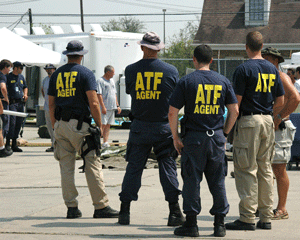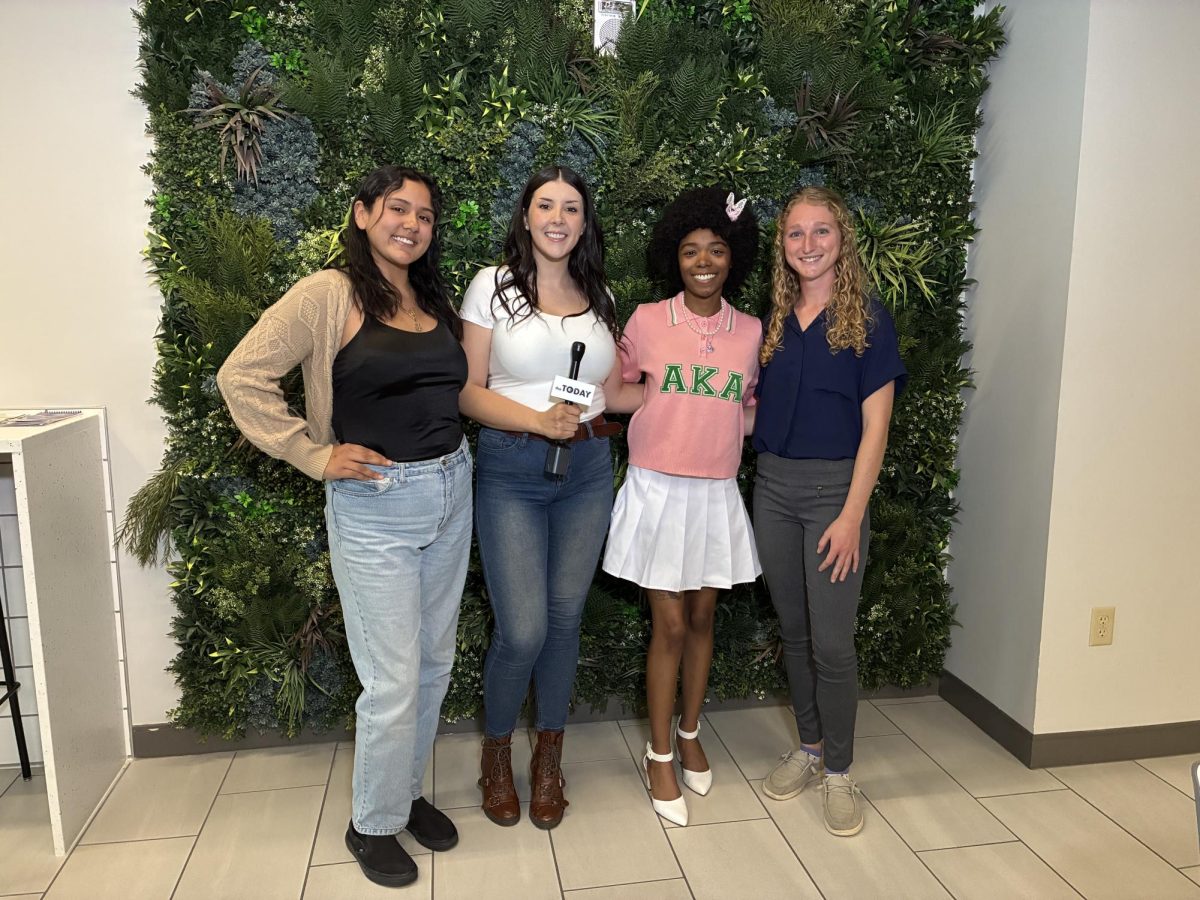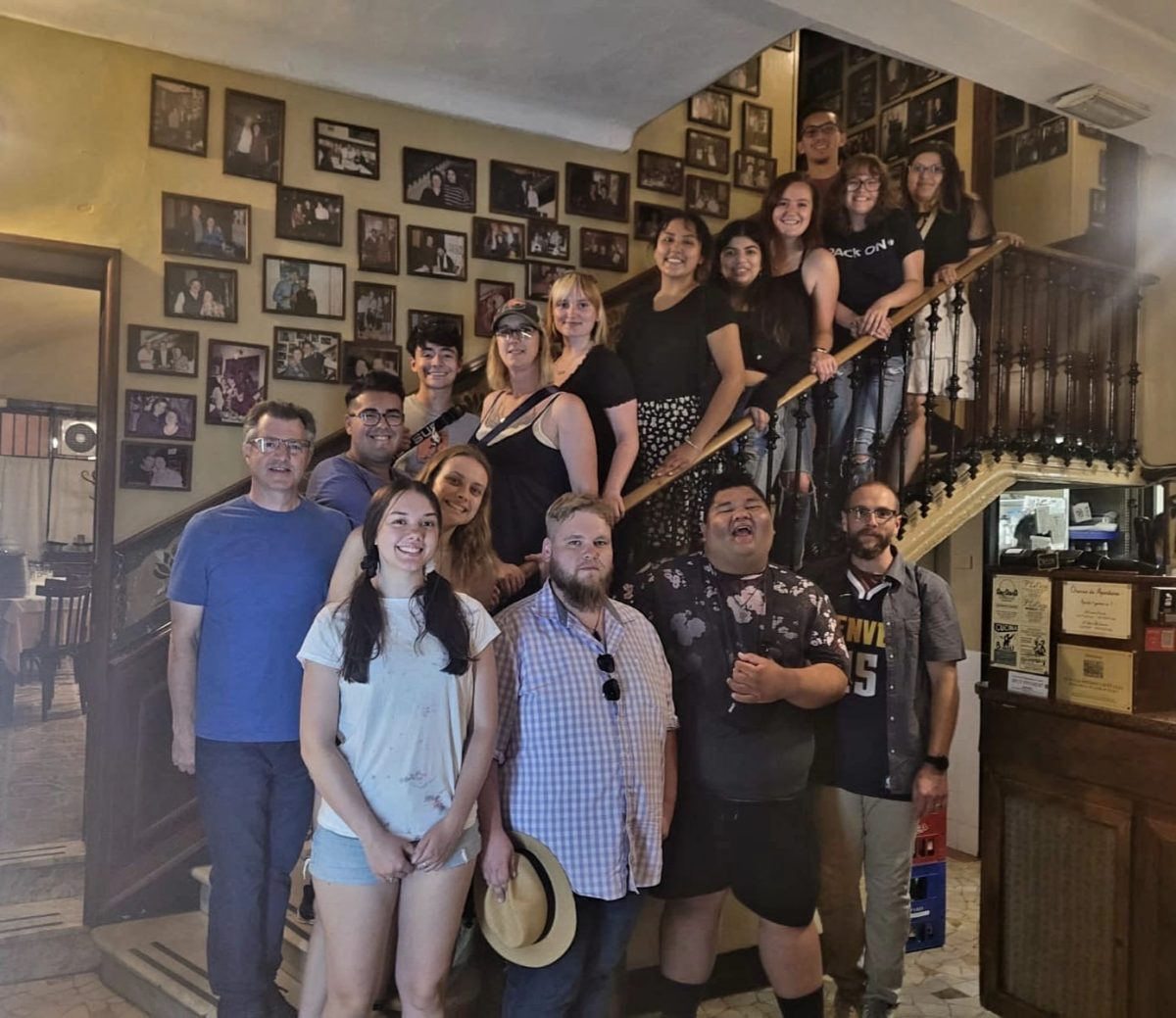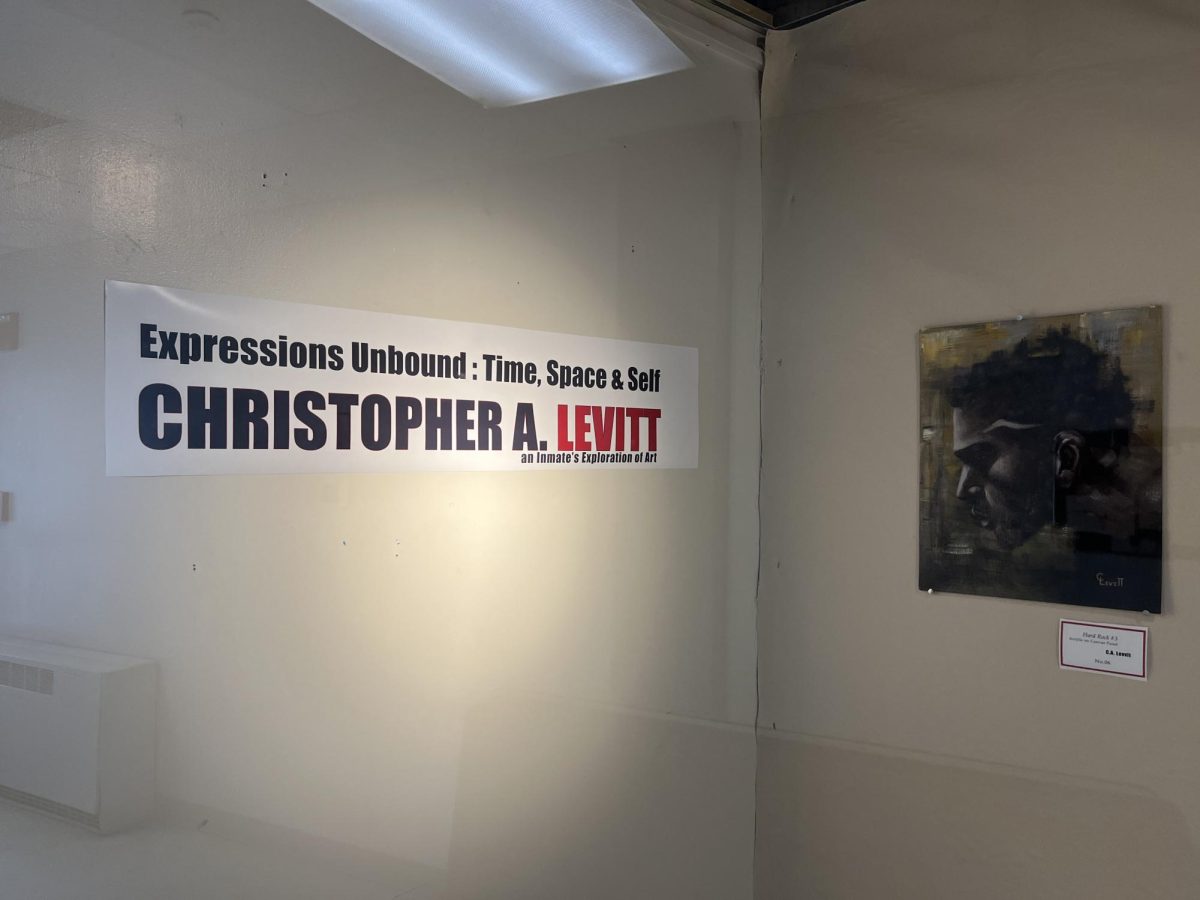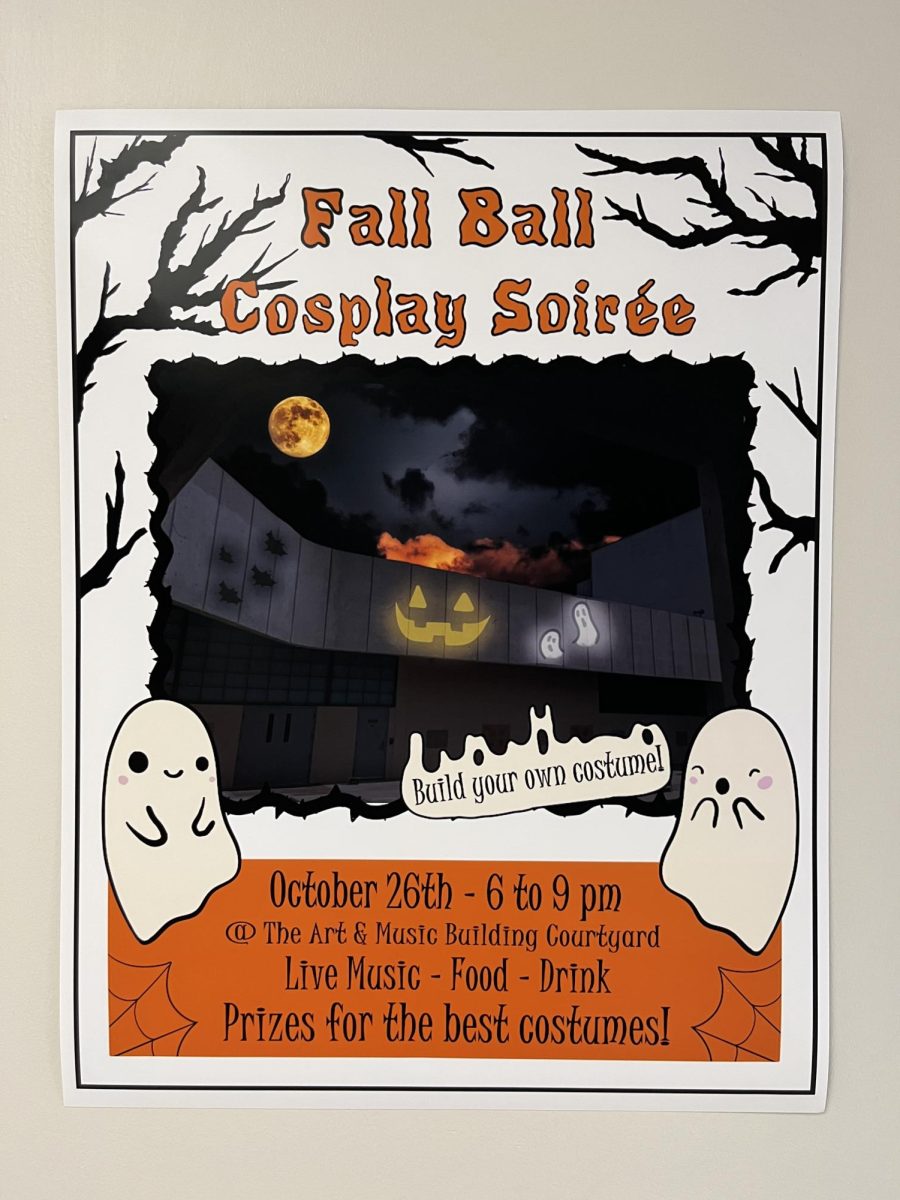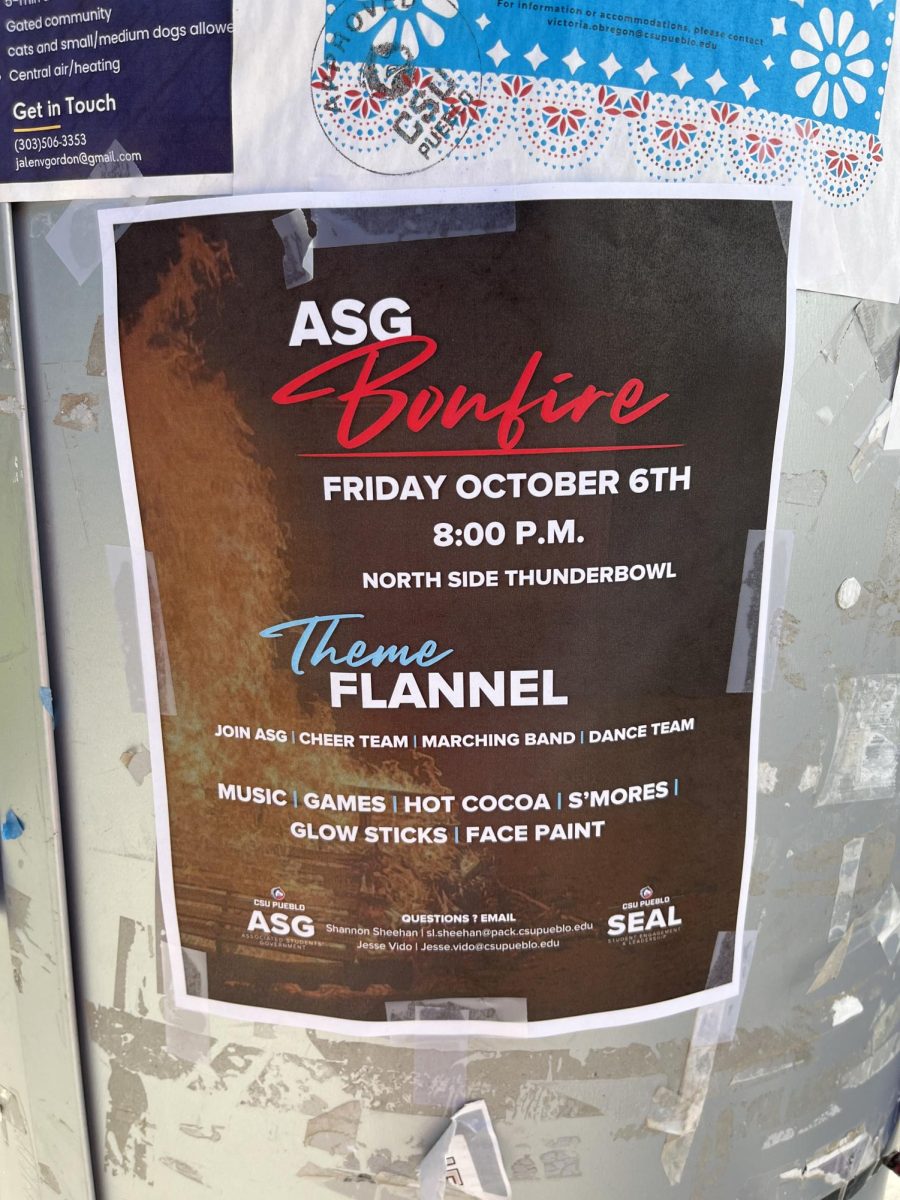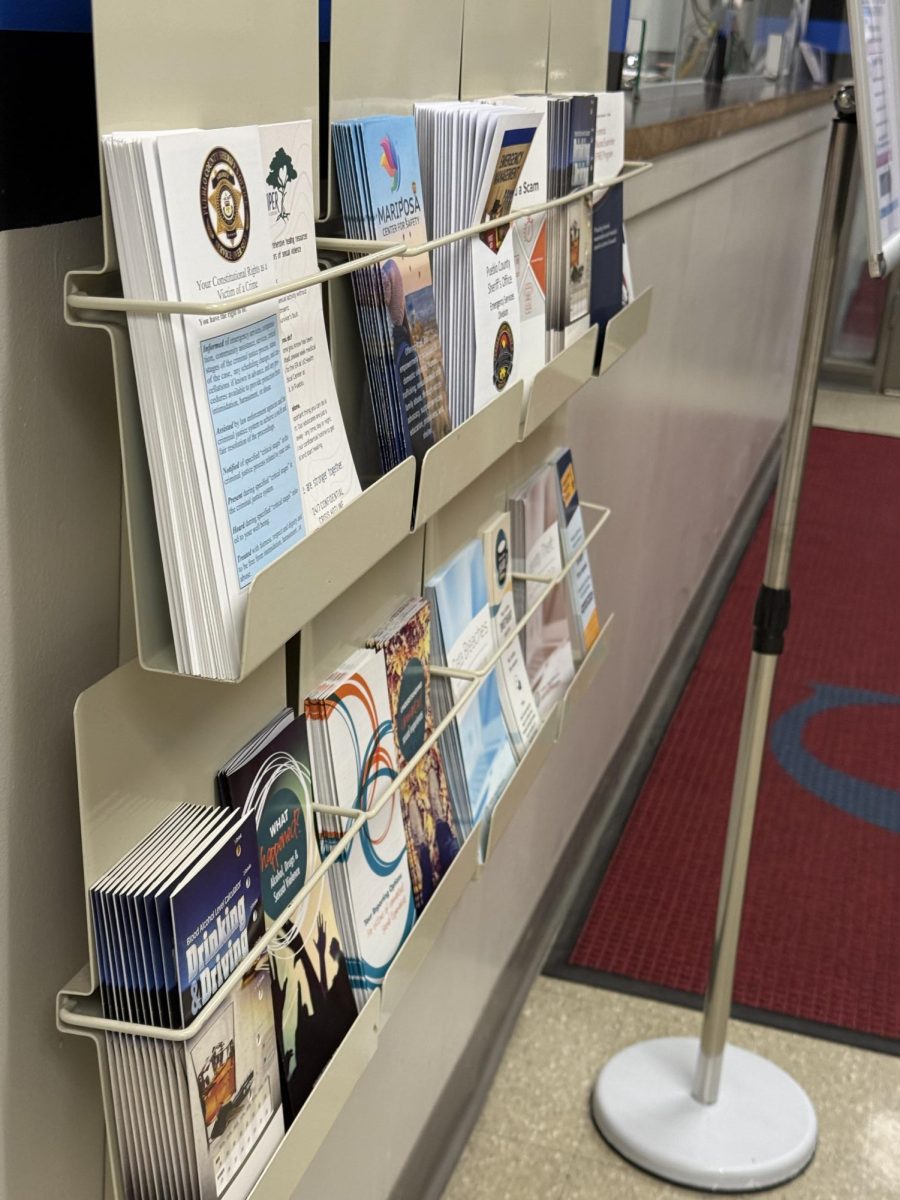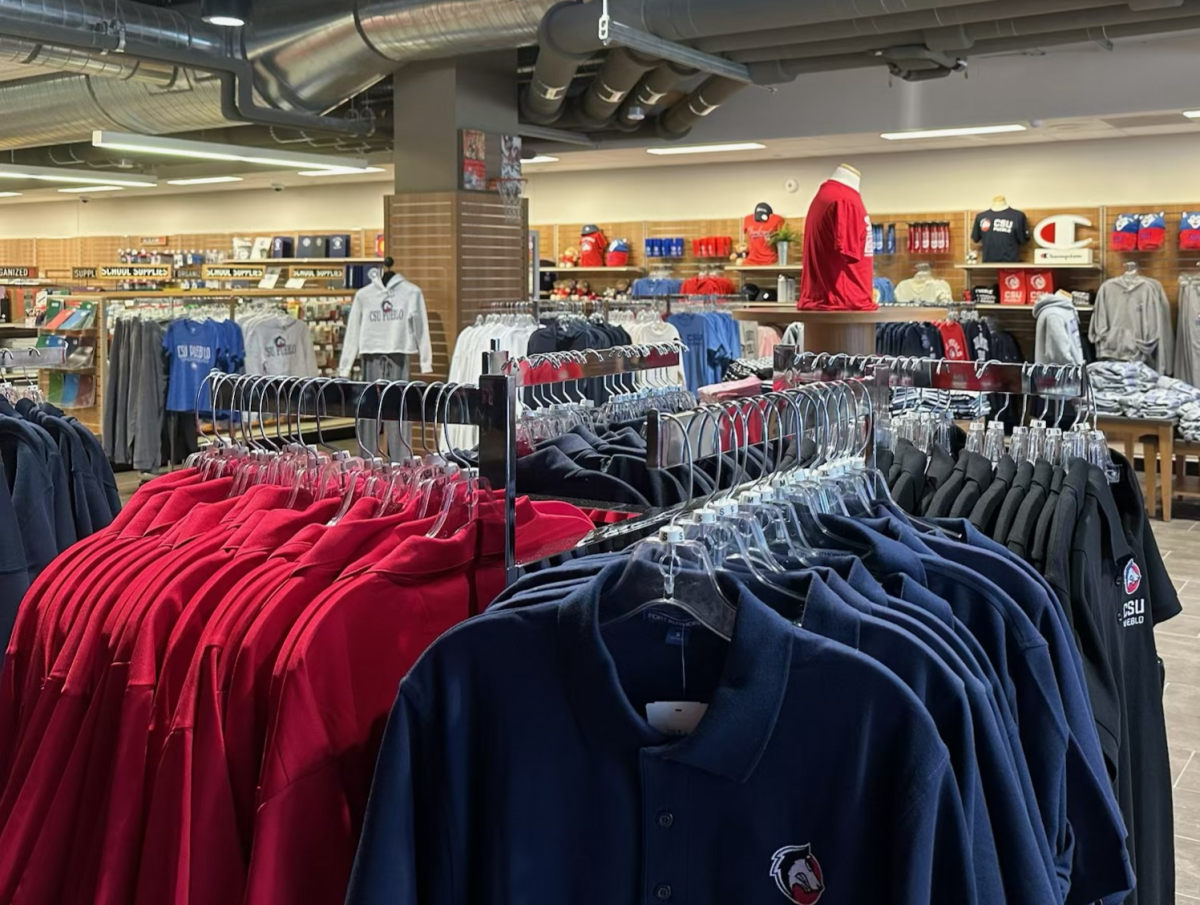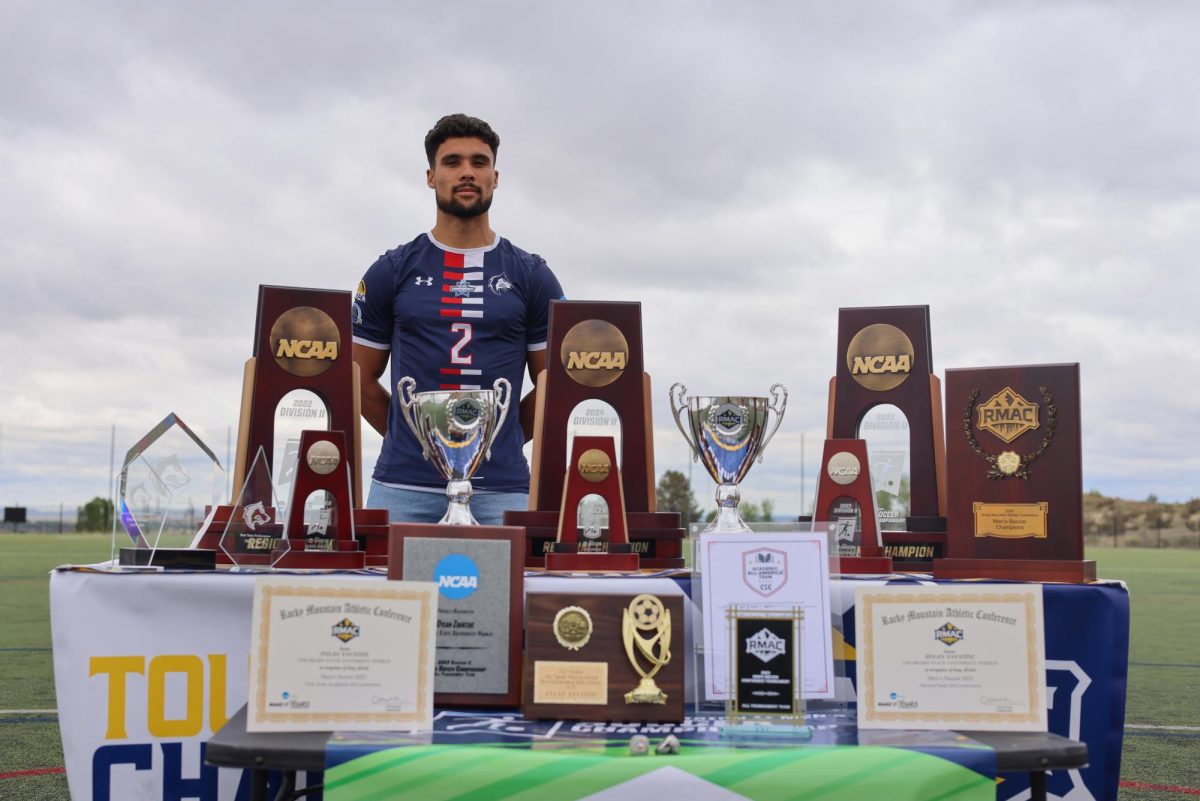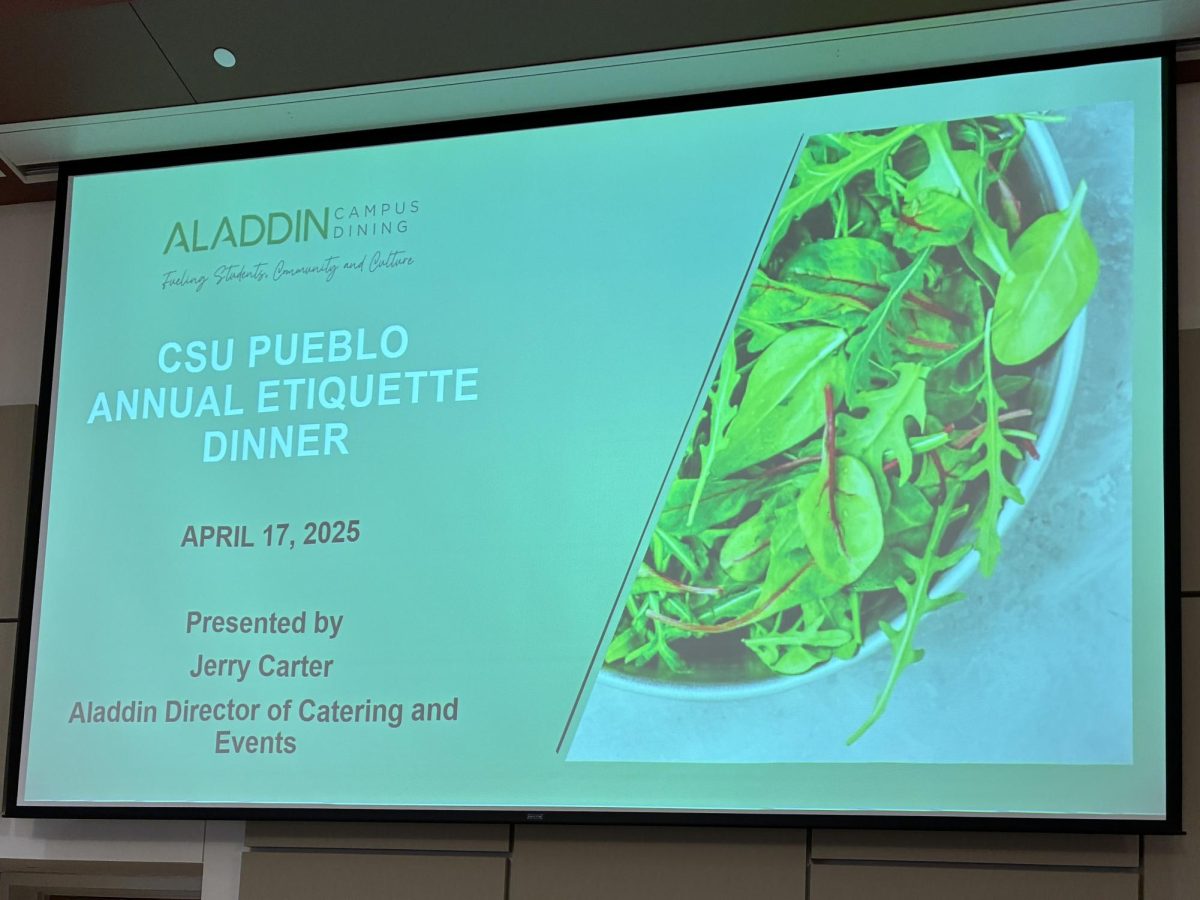
A career as a special agent right after college graduation investigating arson, explosives, firearms alcohol and tobacco, may sound far-fetched, but a presentation to students on Sept. 27 from the Bureau of Alcohol, Tobacco, Firearms and Explosives, ATF for short, was there to prove otherwise.
The Colorado State University-Pueblo Career Center was initially contacted back in the spring by the ATF about doing a presentation, but the timing did not work out until recently.
“We do a lot of work in Pueblo. We all know Pueblo is struggling with some violent crime issues right now so getting people interested who are from these areas and who know the issues, we saw a great benefit,” said Lisa Meiman, public information officer and recruiter for the ATF Denver Field Division.
Recent college graduates are in very high demand for ATF agent recruitment, she explained.
“We do hire a lot of former law enforcement and students straight out of college. I can tell you from personal experience it doesn’t make a difference. People that have never been in law enforcement are phenomenal agents. It all really comes down to what you make of it,” said Special Agent Rennie Mora who has been an ATF agent for 12 years and is certified in explosive technologies.
Meiman explained that although ATF is the smallest federal law enforcement agency, half the size of the Drug Enforcement Administration and one-eighth the size of the FBI, the agency investigates more than 90 percent of all explosives-related incidents in the country that are not tied to terrorism.
The ATF Denver Field Division covers Colorado, Wyoming, Utah and Montana. Special agents work on cases related alcohol, tobacco, firearms and explosives, with firearms being the “bread and butter; it’s more than 90 percent of what ATF works on,” Meiman explained.
Meiman also said that in addition to firearm investigation as 90 percent of ATF’s work, cases of arson and explosives almost make up the last 10 percent and the rest are alcohol and tobacco cases.
“Almost everybody comes out and immediately start working firearms cases. ATF’s primary focus right now is removing what we call ‘serial shooters’ from the street. Those are the people going out and pulling the triggers repeatedly. So it’s a very exciting time to be in ATF,” she said.
ATF agents go after street gangs, motorcycle gangs involved in criminal enterprise activities, and interrupt firearm and explosives trafficking among other things to ensure these dangerous weapons do not end up in the wrong hands.
Mora provided insight at the informational meeting into the life of an agent and described it as not being all “fun and games.”
“There are times you’re working seven days straight on a major, major case and it doesn’t make a difference if it’s Christmas, the holidays, mom’s home, mom came in, grandma’s here or somebody’s birthday, it doesn’t matter. When the bell, rings, the bell rings,” he said.
However, there is monetary compensation for being on-call all the time; every pay period agents receive an additional 25 percent of their salary.
In addition to being certified in explosives technology, Mora is also a canine handler 24/7 who works with and takes care of an explosives detector canine named Randi. He said working with a canine is “by far one of the best positions to be in in any federal law enforcement agency.”
ATF special agent positions are not listed online and to apply a resume must be sent directly to Meiman at [email protected]. To apply to be a special agent, the prospective employee must be within nine months of graduating college with a bachelor’s degree.
“The minimum qualifications are to have a bachelor’s degree in any field. Doesn’t matter. Basket weaving? We’re happy,” Meiman said.
She said she hopes the students who attended the information session learned more about the careers and opportunities ATF offers as well as the agency as a whole.
“It’s challenging, not just for you as an individual, but also your family members and whoever you’re with, so that’s something to think about too. If you want to do this, and it’s what you have a passion for, it is not just you. It is also everybody else who comes along with you as well, so just remember that,” Mora said.
The ATF Denver Field Division does occasionally offer internships; those interested should contact Meiman at least six months in advance so an extensive background check can be performed and completed. The position is unpaid but offers flexible hours.
For more information about ATF, visit www.atf.gov.
Edited by: Theresa Wolf




